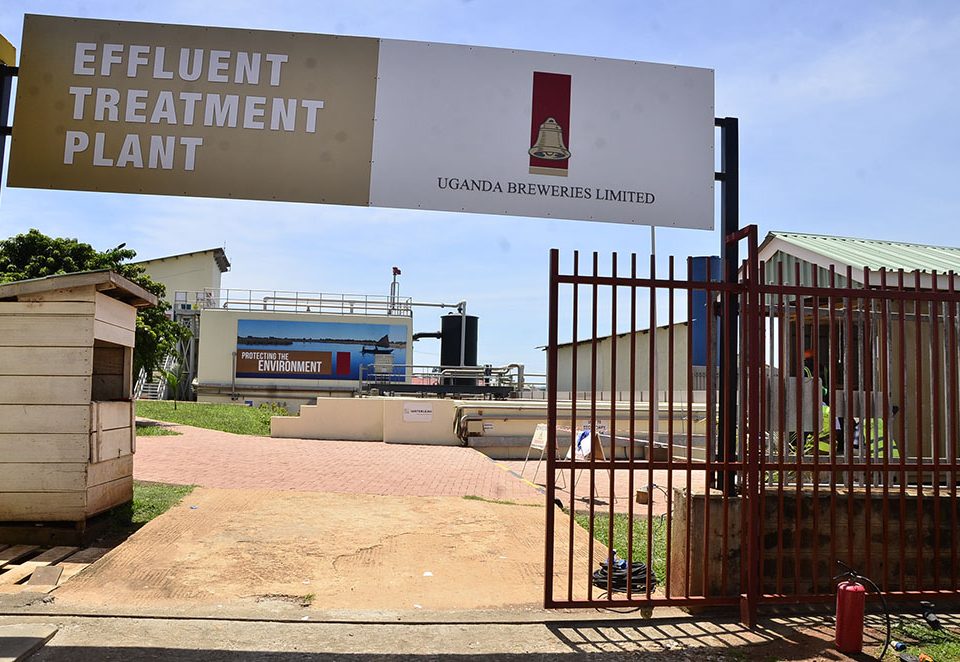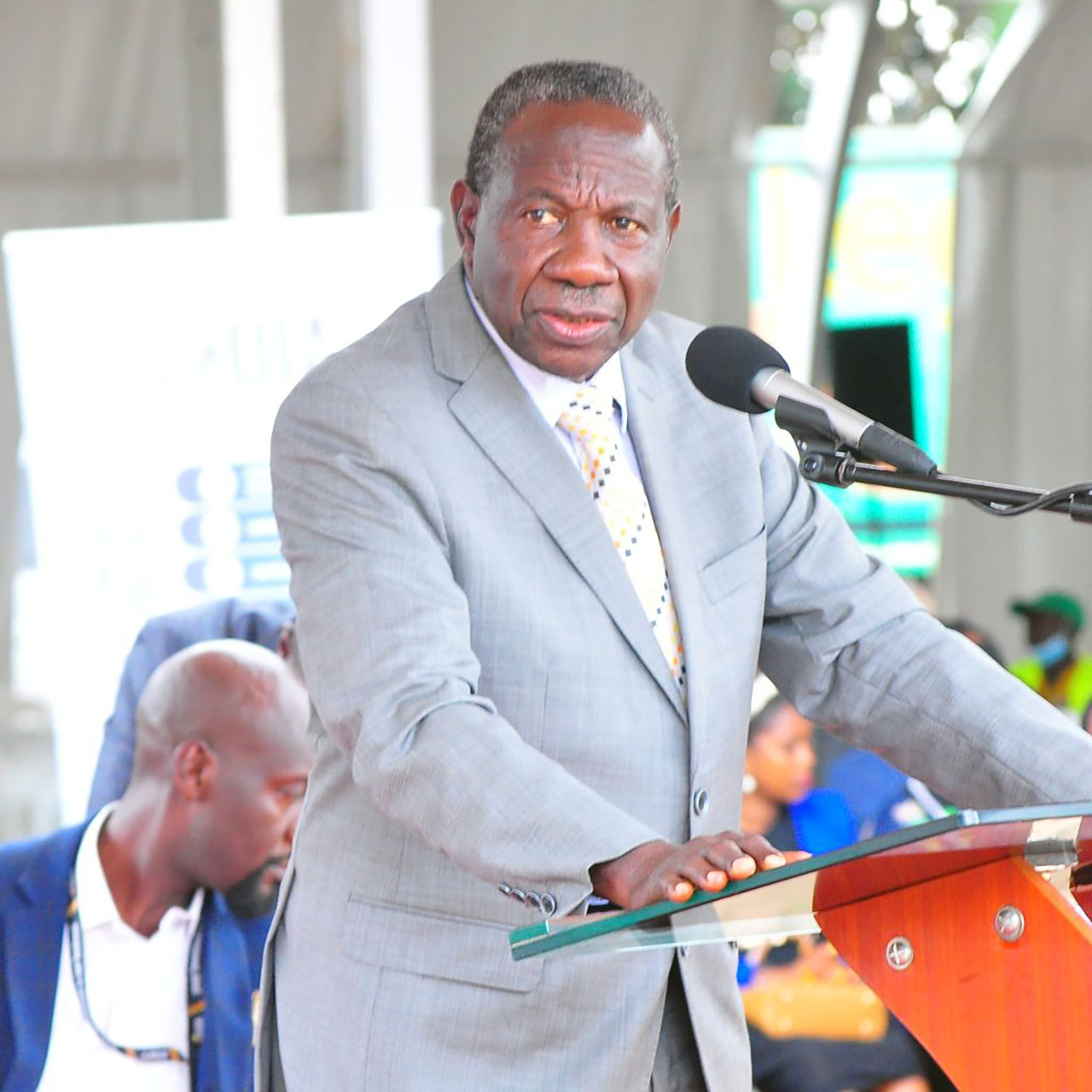BoU maintains CBR at 10.25% as inflationary pressures persist

Bank of Uganda headquarters in Kampala. FILE PHOTO
Bank of Uganda has kept its key rate unchanged at 10.25% in June unlike in the previous month when it was raised from 10%, which was prompted by rising inflation and significant depreciation of the Ugandan shilling against major currencies.
Central banks typically raise the Central Bank Rate (CBR) as part of efforts to control inflation by limiting the amount of money in circulation.
Deputy Governor Michael Ating-Ego told journalists at a briefing that because of a steady exchange rate that has been rising since March 2024, domestic inflation has increased considerably less than anticipated.
- However, he credited recent increases in the CBR and robust export inflows of coffee, which were supported by favourable global coffee prices, which has helped to keep inflation lower than in other countries in the region.
"Inflation in Uganda remains among the region's lowest, averaging 3.2% over the past year. However, annual headline inflation rose to 3.6% in May 2024 from 3.2% in April, while core inflation climbed to 3.7% from 3.5%," Ating-Ego said.
He cited rising costs in healthcare, education, transportation services, and fuels as the main inflation drivers. Services inflation increased to 6.2% from 5.4%, and electricity, fuel, and utilities (EFU) inflation rose to 9.5% from 7.4%, reflecting global energy price hikes and the delayed impact of the shilling's earlier depreciation.
- Despite these pressures, tight monetary conditions, declining global inflation, and a favorable domestic food supply have helped mitigate inflationary impacts. Looking ahead, Ating-Ego projected moderate inflation for FY2024/25, influenced by stable demand and controlled cost pressures.
During the trading session on June 4, the Ugandan Shilling showed a weaker standing, with buying and selling rates quoted at UGX 3,805.63 and UGX 3,815.63, respectively.
However, the inflation forecast has been slightly revised downward, reflecting a less depreciated shilling. Short-term inflation is expected to average between 5.0% and 5.4%, stabilizing around the medium-term target of 5% by the second half of 2025.
Several uncertainties cloud the inflation outlook, including potential escalations in Middle East geopolitical tensions, energy price increases, adverse weather affecting food supplies, and production capacity constraints.
Going forward, Ating-Ego said Uganda's economy remains resilient with growth projected at 6% for FY2023/24. The composite index of economic activity (CIEA) showed a slowdown, with growth at 0.9% quarter-on-quarter and 5.3% year-on-year for the quarter ending April 2024.
- Nevertheless, economic growth for FY2024/25 is projected between 6.0% and 6.5%, potentially exceeding 7% in subsequent years.
- However, risks to growth persist, including global economic uncertainty and a stronger shilling depreciation, which could dampen domestic demand. Tighter domestic financing conditions could further weaken private sector credit growth.
External factors such as a weaker global economy and escalating geopolitical conflicts could disrupt supply chains, increase freight costs, and reduce export demand.
Additionally, the country faces challenges like decreased capital inflows, export growth headwinds, and heavy external debt servicing due to rising global interest rates, resulting in declining international reserves.
Concerns over debt affordability and constrained financing options have led to a downgrade in the country’s sovereign credit rating, although with a stable outlook, suggesting these challenges are short-term, according to Atingi-Ego.



.jpeg)






















































